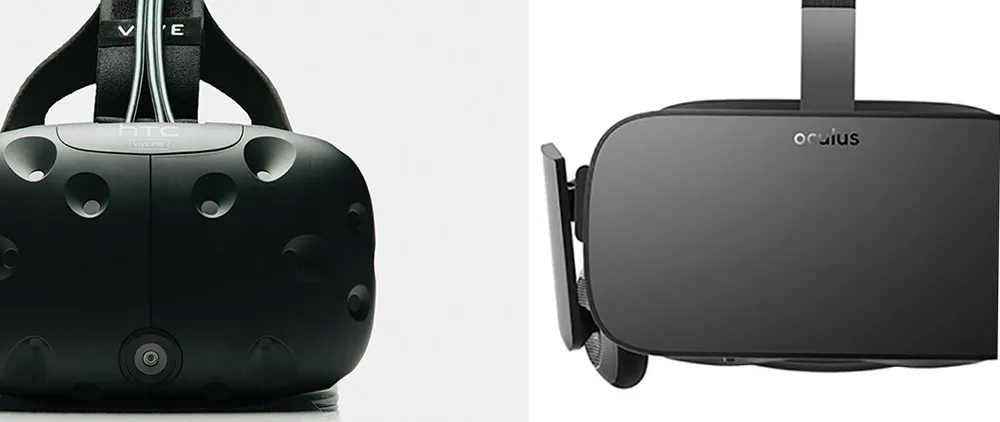Update: After we ran this story, we received the following quote from an Oculus representative:
“We continually revise our entitlement and anti-piracy systems, and in the June update we’ve removed the check for Rift hardware from the entitlement check. We won’t use hardware checks as part of DRM on PC in the future.
We believe protecting developer content is critical to the long-term success of the VR industry, and we’ll continue taking steps in the future to ensure that VR developers can keep investing in ground-breaking new VR content.”
Original Story: Just a month after it introduced them, Oculus VR has reversed security updates introduced to its Oculus Home platform.
Following the initial update’s arrival in late May, users discovered that a popular hack known as ReVive had been blocked. The program allowed a handful of VR games designed to be exclusive to the Oculus Rift, including launch title Lucky’s Tale, to now be played on the HTC Vive. The new update, however, introduced a headset check that wasn’t intended to break the hack, but it no less caused massive controversy.
Ironically the makers of ReVive were soon able to pass the restrictions and open up the Oculus platform to further risks of piracy in the process, but now Oculus itself has decided to reverse the situation.
ReVive developers have acted quickly following the removal of the check. An update to the software has been posted on GitHub to bring it back in line, meaning you’ll now be able to access the games that were previously available without jumping through extra hoops. Perhaps even more games might work going forward. CrossVR, one of the system’s developers, took to Reddit to thank Oculus for the decision. “I’m delighted to see this change and I hope it can generate a lot of goodwill for Oculus,” CrossVR said.
The move comes after a trying few weeks for Oculus. Not only has the company faced criticism for blocking access to its exclusive content but also securing that content in the first place. More trouble arose during E3 2016 last week when it was revealed that Giant Cop, a game previously announced for the HTC Vive, would first be coming to the Rift. Following that, the developers of Serious Sam VR revealed that they had been offered a “shitton of money” to bring their title to the Oculus headset first before releasing elsewhere.
Could this reversal mark a turning point for that controversy? The company won’t be backing away from exclusive content, but if it’s more open to letting enthusiasts access that content then it may have some of the pressure eased off.





























